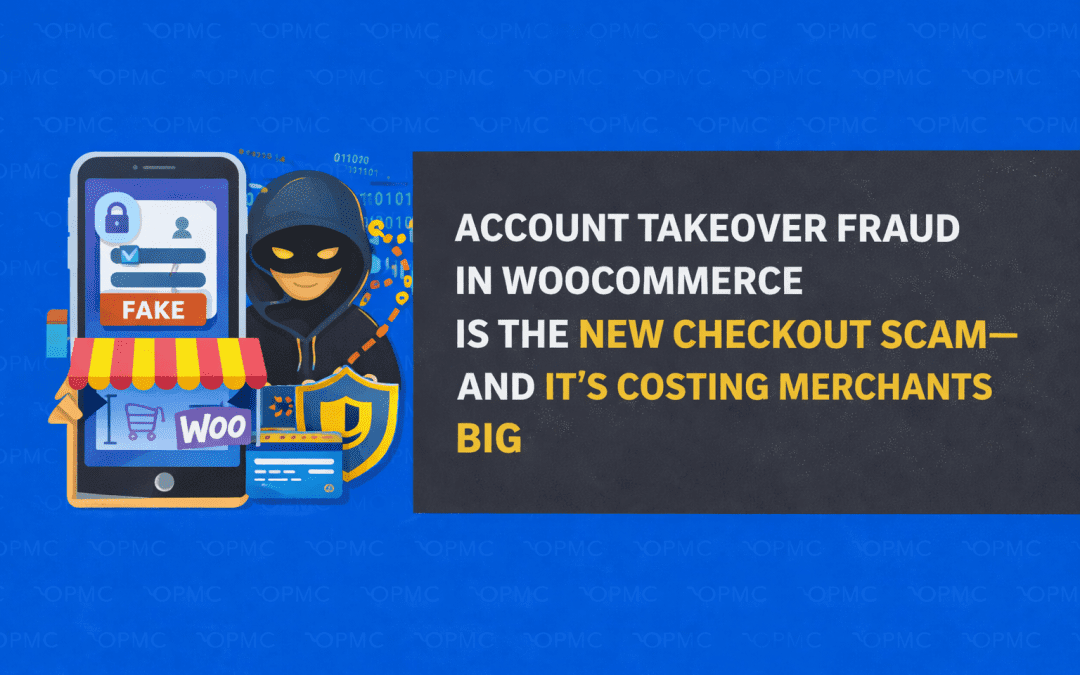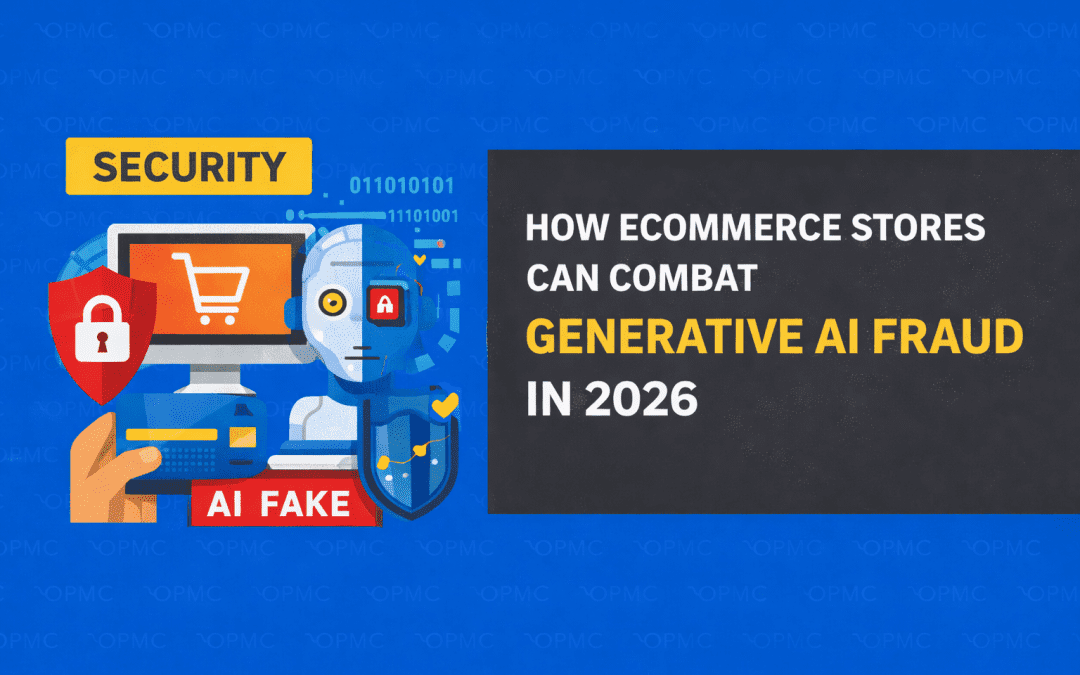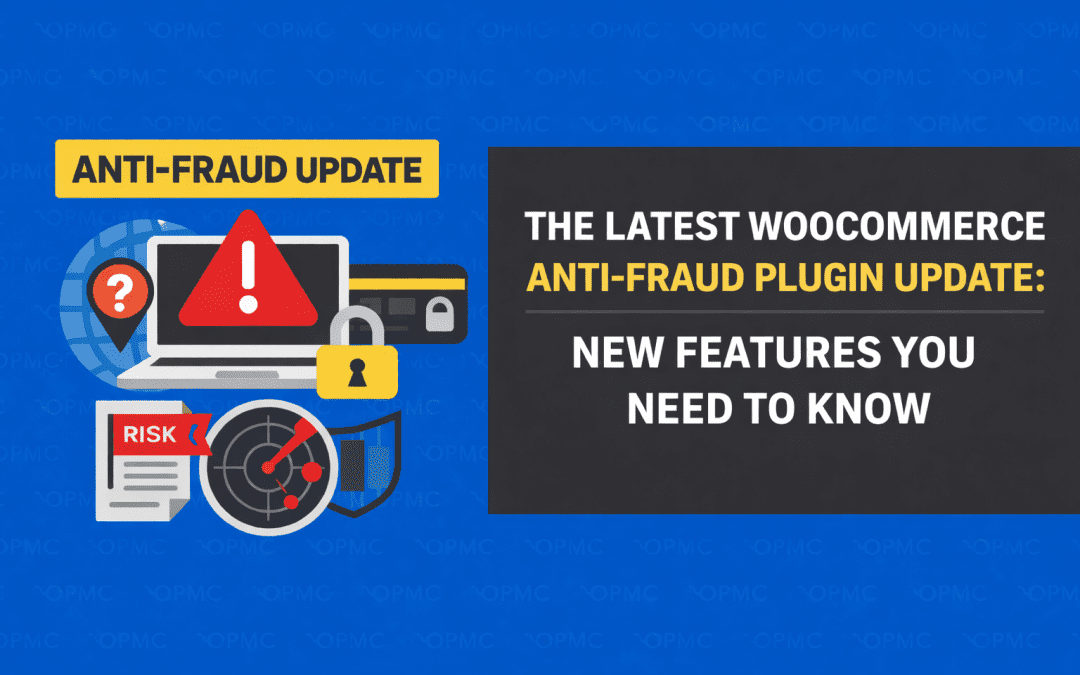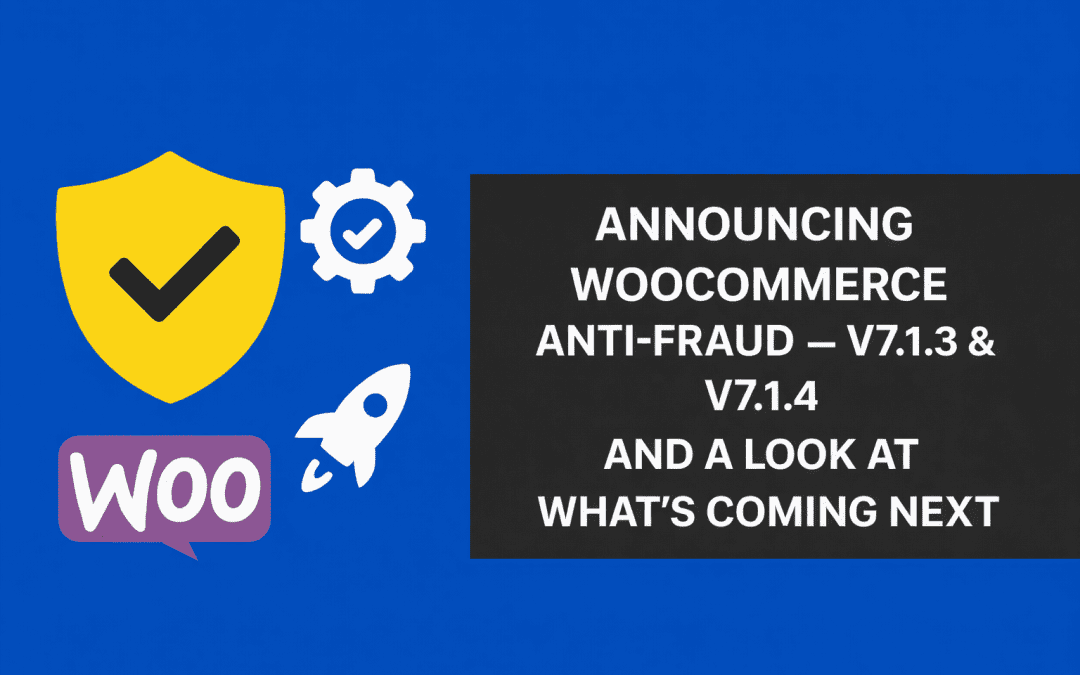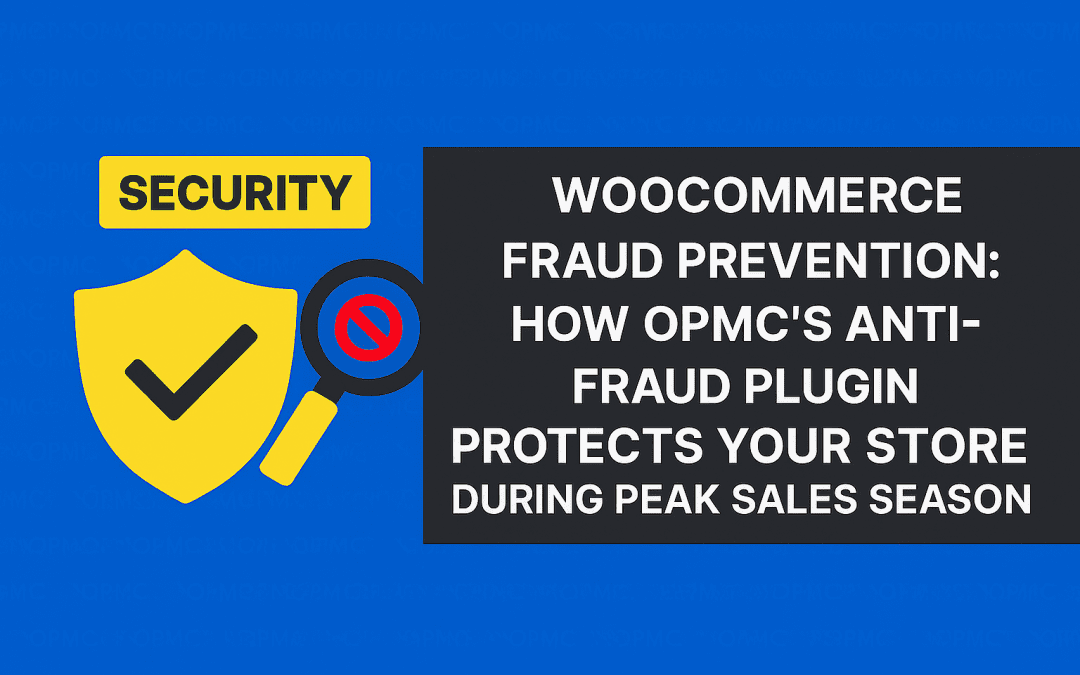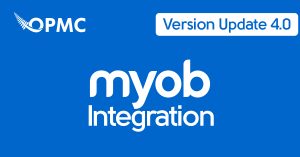Ecommerce accounting is something that many people neglect when they first start their online business. However, it’s something that’s incredibly important for your business to succeed and grow in the long run.
You need to be able to have a good handle on how much money you’re making, what your expenses are, and how much of those expenses are coming from specific areas like advertising or marketing.
When you do not know the financial health of your business, you risk not having the funds for necessary inventory or losing out on potential growth opportunities that pop up from time to time.
What is Ecommerce Accounting?
That’s a great question. Accounting is a system for keeping track of your business finances. It helps you keep an eye on how much money you make and how much money you spend. This information can help you make better decisions about the future of your business.
Ecommerce accounting is essential for ecommerce businesses because they use it to keep track of all their transactions, from making purchases with customers to selling products through their website or app. The goal with all this information is so that ecommerce companies can make informed financial decisions about how best to run their business and improve its success rate as time goes on.
Is that the Same as Bookkeeping?
Bookkeeping is the process of recording transactions in a financial record or ledger. It is done by a bookkeeper or accountant, and it’s not the same as accounting.
Accountants keep track of all kinds of financial information for businesses and individuals. As a result, they provide valuable insight into how well your business is doing.
The easiest way to think about this is to view bookkeeping as the people on the sidelines recording any errors in a game. Accounting is the coach who interprets those errors and makes a decision about the future of the game.
Why Does Ecommerce Accounting Matter?
You may be wondering what the big deal is. While it’s true that you could keep everything in a spreadsheet, it would take a ridiculous amount of time and effort to get everything together in one place.
Ecommerce accounting is essential because it helps you stay organized and allows you to make better business decisions. It allows entrepreneurs like yourself to understand their companies’ financial health and make intelligent decisions based on those numbers rather than just guessing at them or making assumptions based on past experiences with other businesses.
1 – Let’s You Monitor Your Money in Real-Time
You can view your sales, revenue, expenses, and even inventory in real-time with accounting software, which is a considerable benefit for ecommerce businesses. This means you can see how much money comes into the company and where it goes.
2 – Create a Stable Online Business
Once you understand where your money is coming from and going out of, you can create a stable business model for yourself. You will actively manage all aspects of the cash flowing in and out of your online store. Without that information, you could run out of money, miss payment deadlines, or forget to pay your team members.
3 – Helps You Predict Future Needs
By tracking trends, patterns, and seasonal fluctuations in your business, you’ll be able to anticipate where you might need to invest more money or hire more staff. This can help you plan for future growth and prepare for the ebbs and flows of the market. It also helps predict upcoming expenses by showing how much money has been spent in certain areas over time.
4 – Ensures Tax Compliance
Reporting taxes is a pain. It can be complex and confusing, especially when you’re trying to do it yourself.
You need to know what you must do to avoid penalties, including filing tax returns on time and paying your taxes on time.
Accounting software helps with this by providing the tools needed for ecommerce accounting, which includes keeping track of your income and expenses as well as other financial details that are important for tax compliance purposes.
We suggest plugins that automate your ecommerce store operational data and directly inserts that information into your accounting software. For example, we built an Odoo for WooCommerce plugin that facilitates that communication.
5 – Manage Expenses, Inventory, & Debts
A good ecommerce accounting system will help you manage your expenses, inventory, and debts. This can also help you track your cash flow so that you know how much money is coming in versus how much is going out and can plan accordingly.
If something happens unexpectedly—like one of your employees needs surgery or there’s an emergency replacement part needed for your equipment—you want to be able to cover those costs without having to take a loan out or charge them on a credit card.
6 – Find a Break-Even Point & Future Profits
This is the point at which your business starts to make money. After you’ve found it, use it to predict future profits, expenses, and cash flow. You cannot find your break-even point without keeping track of your accounting. That means you will never know if you are turning a profit or not unless you track everything.
7 – Monitor Performance & Stay Organized
Just like you look at the scoreboard in a ball game, you need an easy-to-view dashboard to view your financial health. Many online, cloud-based accounting tools like QuickBooks or Odoo enable you to track all your financial data and then review it quickly for data-driven decision-making.
Use a Plugin for Your Ecommerce Accounting Needs
As you set up your ecommerce accounting system, it’s important to use a plugin for your ecommerce accounting needs. A plugin is software that adds functionality to an existing website or application.
We provide an Odoo for WooCommerce plugin that automates the communication and data entry between your online store and your current accounting. This way, you save time from manually having to enter all that information and money from hiring more team members.
It also makes it significantly easier to predict future needs based on reports and organizes your information for monthly, quarterly, or annual taxes.
They are usually developed by third parties and can be downloaded from an online store. There are many types of plugins available on the internet, but today I’m going to talk about one called WooCommerce Accounting.

